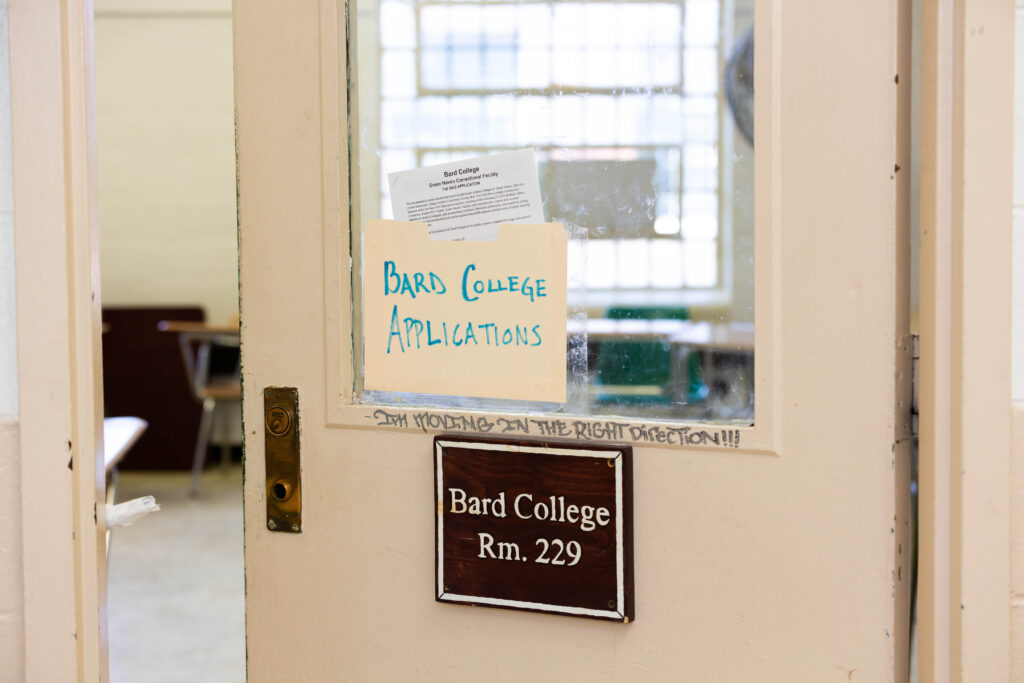Three years ago, after teaching Chinese to college students and businesspeople, I took on a new group of students: prisoners.
I became a language instructor at a maximum security prison for men in upstate New York through a program that allows inmates to earn college credits, free of charge, while serving their sentences.
I had never stepped foot in a prison and had no idea what my students would be like. Prison security forbade me from using PowerPoint slides or the Internet in my classroom. For teachers in the Bard Prison Initiative, our resources are severely limited. And yet, BPI students have earned nearly 350 college degrees, and they are far less likely to return to prison than most convicts. While more than half of all U.S. prisoners are arrested again within three years of their release, less than 4 percent of BPI students have returned to prison since the program started in 1999.
Some argue that providing prisoners with free education is unfair, since many law-abiding people struggle to pay for college. These arguments led Congress to eliminate federal funding for college education in prisons in 1994 (a decision that some legislators and the Obama administration are trying to reverse). But my experience teaching Chinese through BPI, which is funded through private donations, shows how rehabilitative these programs can be for prisoners. When we educate inmates, it inspires them to improve their lives and makes society safer for everyone.



